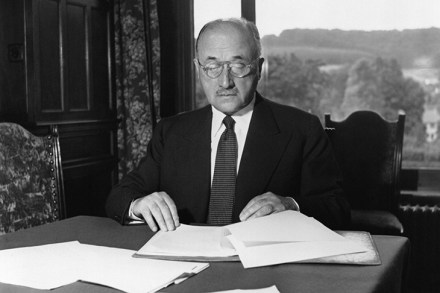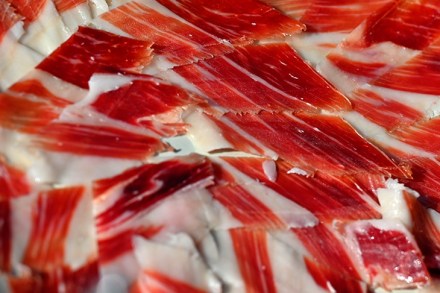Hellcat on the loose: Samantha Markle rants about Meghan
A while ago, Samantha Markle declared that her forthcoming book would be about ‘the beautiful nuances of our lives’. Was it a misprint for beautiful nuisances? Or did she have a change of heart? Either way, there isn’t a beautiful nuance in sight. Instead, it is like a blunt object found at the scene of a crime. As royal memoirs go, it is by far the most macabre, and perhaps even loopier than the Duchess of York’s Finding Sarah: A Duchess’s Journey to Find Herself. By the third page Samantha already has her knives out. The first person to get it in the back is her mother, a forgotten figure




















